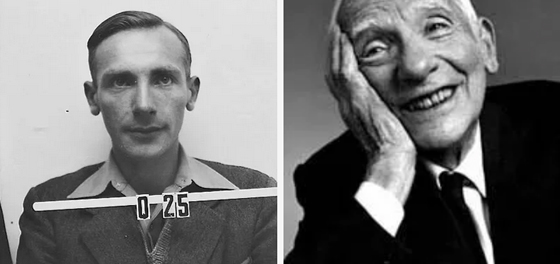During the Cold War there were similar dangerous moments, but John Kennedy and Nikita Khrushchev, as well as Ronald Reagan and Michael Gorbachev, managed to avoid the worst-case scenario. George H.W. Bush talked in 1990 about a “Europe whole and free” and a new “security architecture from Vancouver to Vladivostok,” while Boris Yeltsin, during his 1992 address to the joint chambers of Congress, exclaimed, “God bless America.”
So, what went wrong? Why are we talking about nuclear war again? According to Washington, Putin and his desire to restore the Soviet empire are to blame. Moscow points the finger back at Washington for its vision of a unipolar world order under the U.S. hegemony.
Below is my brief take, which I would be happy to debate with those who see it differently. Perhaps during such exchanges, we could come up with some ideas for avoiding our mutual extinction.
Continue reading “How Bill Clinton Looted Russia and Started NATO Expansion”





